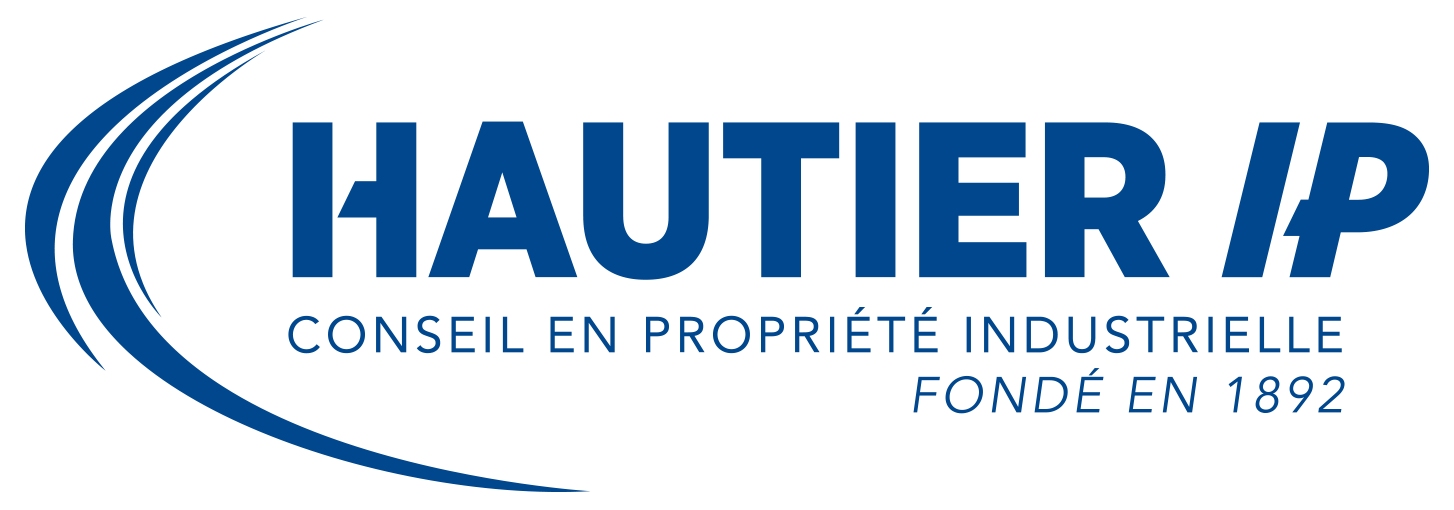
- Accueil
- >
- Pages
- >
- Votre projet
- >
- Dépôt et acquisition
- >
- Logiciel
Logiciel
La protection des logiciels
Plusieurs protections sont disponibles lors de la création d’un logiciel.
Un logiciel se compose classiquement d’un code objet et d’un code source.
Le code source est le code écrit par le programmeur dans un langage de programmation déterminé.
Ce code est compréhensible par n’importe quelle personne ayant connaissance du langage de programmation utilisé.
Le code objet quant à lui est le code source compilé dans un langage lisible par un microprocesseur, en d’autres termes en binaire. Ce code objet est quasiment illisible par un être humain.
Une protection par droit d’auteur s’applique automatiquement sur le code source.
Ainsi, le code source d’un logiciel est protégé par le droit d’auteur.
Cependant, une telle protection est limitée à la rédaction du code source et ne protège pas la fonction du code source. Autrement dit, un programmeur réalisant la même fonction, mais avec une rédaction du code source différente échappera à la protection conférée par le droit d’auteur sur le code source initial.
Si le logiciel comprend une fonction technique, comme par exemple, une amélioration de l’autonomie du dispositif, une sécurisation des données, un traitement spécifique pour un signal, etc., alors une protection par brevet peut être recherchée.
La rédaction d’un brevet logiciel demande certaines spécificités comme par exemple un détail très spécifique des avantages techniques découlant de l’utilisation du logiciel.
L’exploitation des logiciels peut comprendre la vente dudit logiciel, mais encore l’octroi de licences sous diverses formes comme par exemple les licences open sources.
Pour certaines situations, notamment lors de licences de logiciel comprend un service de support technique, le licencié peut vouloir sécuriser son accès au code source en cas de défaillance du titulaire du logiciel.
Pour ce faire, il est possible de réaliser des contrats d’entiercements qui permettent de remettre dans les mains d’un tiers de confiance le code source et la documentation nécessaires à l’exploitation du logiciel. Le tiers ne devant donner l’accès à ces informations au licencié qu’en cas de défaillance du propriétaire du logiciel (disparition, liquidation, problème économique grâce, etc.). Cette défaillance doit empêcher le propriétaire d’exécuter ses obligations envers le licencié.
On retrouve ce type de contrat par exemple pour l’utilisation d’un service professionnel (SAP ou ERP) comme la mise à disposition d’un cloud, ou encore d’un logiciel de comptabilité spécifique et sur mesure.



